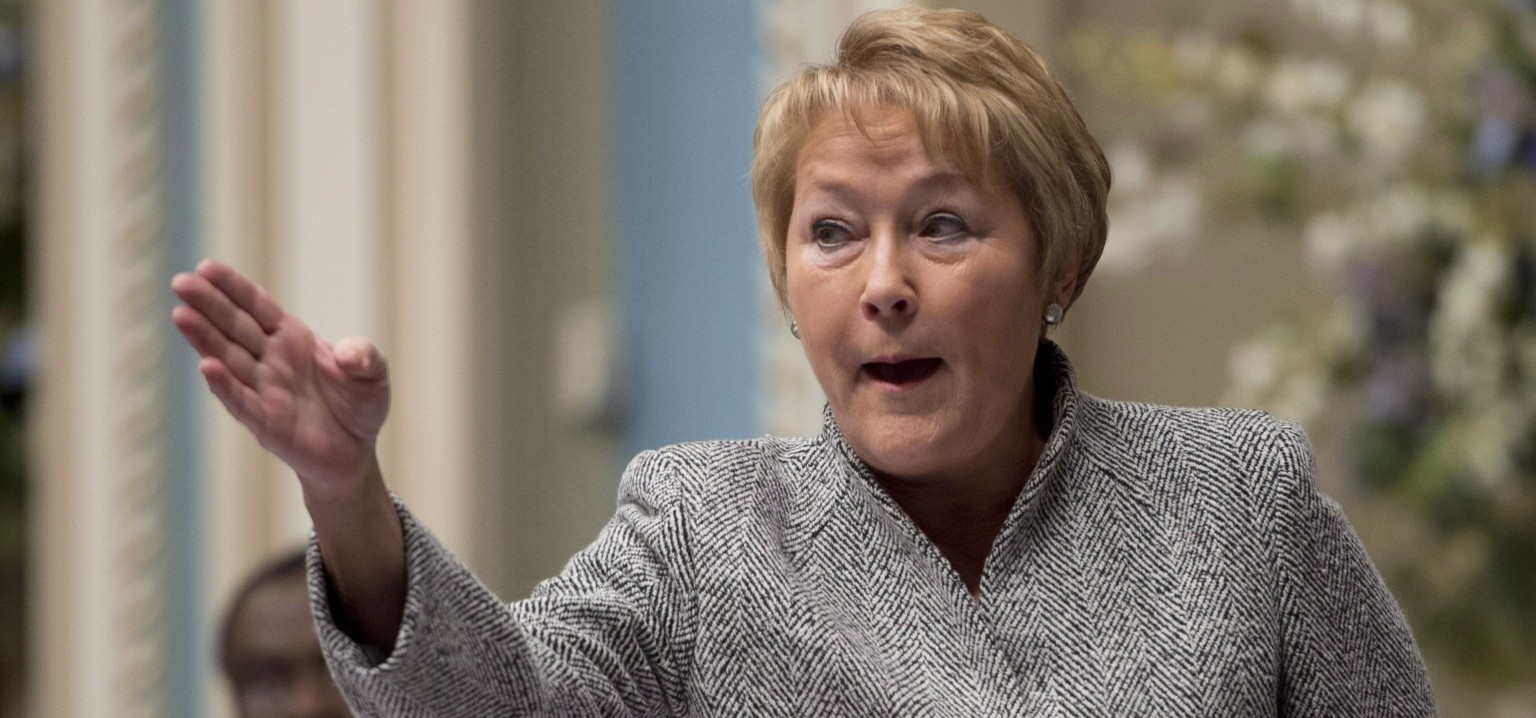This article was published as part of the Bull & Bear’s Pride 2021 series. It discusses sensitive topics such as homophobia and illness.
In late January, when my brain could not stomach editing citations for another essay, I took a much-needed television break. Completing the semester remotely from my family’s home, I sat down on my family’s living room sofa and tuned into It’s a Sin on Amazon Prime, a new miniseries by writer and director Russell T. Davies. By the end of the five episode series, I was sobbing so hard I found myself sinking deep into the cushion of my couch. Unwittingly, rather than opting for a relaxing or self-indulgent study break, I had instead signed up for six hours of intense emotional catharsis.
It’s a Sin is about a group of gay friends living together in London during the early years of the HIV/AIDS Crisis. Over the span of a decade, the flirty fun and sexual liberation of the 1970s plunges into a grim culture of protests and weekly funerals. The McGill Tribune journalist Naomi Mirny already covered what ingredients make “It’s a Sin” such an engrossing drama — I’ll leave the bulk of my talking points to them and their fabulous article — but I also want to add in a few observations of my own.
Olly Alexander’s performance as protagonist Ritchie Tozier is hilarious and heartbreaking. Aside from his iconic jean jacket and seething sass, Richie’s initial denial about AIDS shows is especially tragic. Ritchie fights for sexual liberation away from his repressive family, only to then confront a deadly disease that could effectively unfurl much of that work towards self-acceptance.
It was also a refreshing change of pace to watch an AIDS drama set in the United Kingdom. Most North Americans are introduced to AIDS history through plays like Angels in America, The Normal Heart, or the musical RENT. Listening to the British perspective to those years was a welcome change, and Davies did an excellent job weaving real-life political legislation like the Public Health Act and Thatcher’s Section 28 into the film’s plot.
Men who have sex with men (MSM) still ought to learn what resources are available to them to lead lifestyles free from illness-related fear today.
Yet, while the series opens up an interesting conversation about HIV/AIDS in the 1980s, it by no means tells a complete story. The show does not discuss the achievements made by AIDS activism group ACT UP, nor does it address the strides made in the medical community over the past few decades to prevent, treat, and manage HIV today. Therefore, while It’s a Sin is a great start to improving one’s education on HIV/AIDS, it is by no means comprehensive. Men who have sex with men (MSM) still ought to learn what resources are available to them to lead lifestyles free from illness-related fear today.
There is no cure for HIV/AIDS yet, but with advancements in the fields of medicine, the disease is certainly no longer a death sentence. In fact, the development of protease inhibitors and other antiretroviral drugs have transformed HIV into a mostly manageable autoimmune condition. These drugs function by suppressing the amount of HIV in one’s bloodstream, otherwise known as the viral load, so a patient can decrease their chances of developing more life-threatening stages of HIV, such as AIDS, later in life.
Detect the virus in your bloodstream soon enough after infection, and one can begin taking the correct combination of drugs to withstand the virus in the long-term.
Today, with effective treatment from early onset of contracting the virus, a person with HIV can achieve a lifespan comparable to that of the average person. Detect the virus in your bloodstream soon enough after infection, and one can begin taking the correct combination of drugs to withstand the virus in the long-term.
Even more promising, once the viral load of HIV in one’s bloodstream is beneath a certain threshold, a patient may no longer be able to transmit HIV to other people. This phenomenon is otherwise referred to as being “undetectable = untransmittable,” and it has become common lingo on dating apps to describe people who are HIV positive, but are not capable of transmission to others.
Beyond more effective treatment, there are also drugs that aim to prevent initial HIV transmission in the first place. In recent years, doctors have begun prescribing pre-exposure prophylaxis to groups who are at increased risk of contracting HIV, including MSM and intravenous drug users. According to the CDC, this drug, otherwise known as PrEP, is highly effective when taken as prescribed.
Of course, developments in medicine are only half the battle. Another facet that makes HIV/AIDS so pernicious is the deeply entrenched social stigma attached to the virus. In the early 1980s, American medical professionals referred to AIDS as “Gay-Related Infectious Diseases” which alleged that the disease spread through nefarious aspects of the“gay lifestyle.”
In the age of marriage equality and a renewed push for LGBTQ+ liberation, we can start working to overcome some of these uglier, more ingrained prejudices in our society.
Obviously, this turned out to be a major falsehood and a gross over-generalization. While gay and bisexual men are indeed at higher risk of contracting HIV than the general population, the majority of HIV transmission occurs in sub-Saharan Africa, and children can be born already infected due to mother-to-child transmission. Nevertheless, this association led to a widespread moral panic about the supposed dirtiness of sex between men, and it even inspired a movement among evangelical Christians and among the American Right that gay men somehow wrought this plague upon themselves.
In the age of marriage equality and an improved push for LGBTQ+ liberation, we can start working to overcome some of these uglier prejudices in our society. Visibility is improving at a rapid pace. Emmy award-winning actor Billy Porter recently posed for the front page of Hollywood Reporter after coming out publicly about being HIV-positive for fourteen years. Likewise, for all the shortcomings of gay male dating apps, the ability to declare one’s HIV status on one’s profile can make conversations about the virus today feel a lot less taboo.
With more visibility, the public can begin to understand that HIV is not the spooky, undefeatable boogeyman that appears in Amazon Prime dramas and HBO miniseries, but a medical condition that men who have sex with men can learn to prevent and legitimately manage.
…why not also schedule a visit to the local pharmacy into your itinerary of celebrations?
Today, June 27th, marks National HIV Testing Day. Many of us are approaching the end of a month of block-wide street parties and Pride parades. Finally, after a year of Zoom drag brunches and politically charged Twitter wars, we have reclaimed the right to be ridiculous and riotous in public. So, by all means, be free. Sashay in your favourite crop top! Order an overpriced rainbow cocktail from a mini-bar!
And, if we are returning to our routines of hedonism and flirtatious fun, why not also schedule a visit to the local pharmacy into your itinerary of celebrations? It could save your life, or it could save the life of your future sexual partner. “It’s a Sin” to go through life misinformed about the realities of HIV/AIDS infection and transmission, but it’s a blessing to be out, smart, and proud about who you are and how you love today.









Love this, sam! Well done!